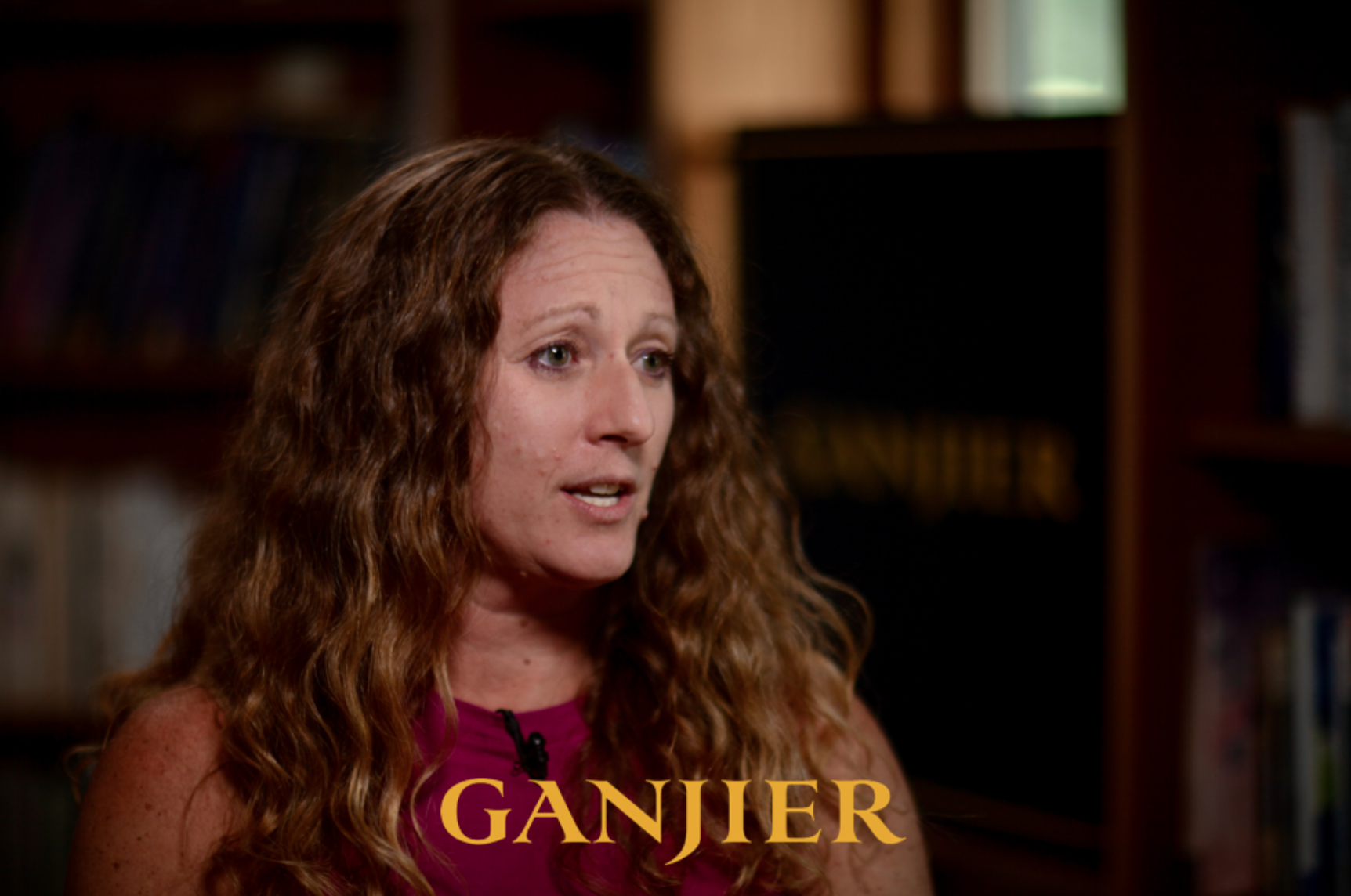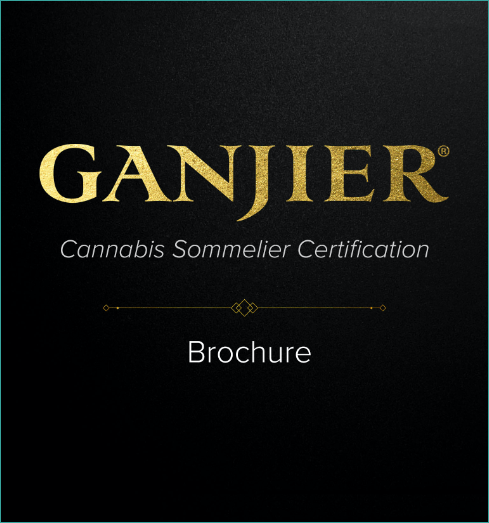An internationally recognized cannabis expert and public health researcher, Amanda Reiman has taught courses on drug policy at UC Berkeley for 10 years and has consulted for various cities and states on the development of medical marijuana policy. Dr. Reiman has also conducted numerous studies on medical marijuana dispensaries and the use of marijuana as a treatment for addiction.
Dr. Amanda Reiman sits at the intersection of cannabis and society. She has been involved in every aspect of the cannabis industry – having spent the last 20 years researching cannabis and the social impact it has had on our communities. With a close eye on history and science, Dr. Reiman helps break down the barriers that exist within a curious and skeptical public.
Amanda Reiman Teaches The History of Cannabis, The Science of Cannabis, and The Art of Cannabis Service
In The History of Cannabis, Dr. Amanda Reiman discusses the events that happened between prohibition and the present – explaining the reasons why cannabis was declared illegal in the United States in the early 20th century and how it has become decriminalized in recent decades.
In The Science of Cannabis, Dr. Reiman takes a look at the common myths that plague the cannabis industry and sets a new path for cannabis by offering accurate information that can help shape a bright future for the plant.
Lastly, in The Art of Cannabis Service, Dr. Reiman introduces The Consumer Interaction Protocol – a standard for interacting with clients that allows the industry worker to use their expertise to make appropriate recommendations on products.
Cannabis has had a long and tumultuous history. Dr. Amanda Reiman’s lectures will immerse you in the history of cannabis, give you the scientific knowledge to identify the truth about cannabis, and equip you with the necessary skills to communicate that truth to the public.
Excited to take this exclusive online course? Sign up for the Ganjier interest list to be notified first when it goes live.
A Conversation with Amanda Reiman
Why did you join the Ganjier Council? Why do you think the Ganjier is important?
I joined the Ganjier Council because I relish the opportunity to develop and share knowledge around cannabis. I also have a lot of respect for Green Flower as an organization, so I was happy for the chance to work with them on this project. The Ganjier is important because, due to cannabis prohibition, the knowledge held by the public is fragmented and often based on propaganda and misinformation. Unfortunately, this can lead to negative cannabis experiences among new consumers. At the same time, there are regular consumers who could be getting so much more out of their use, if only they had the proper tools and information. Content around cannabis has greatly improved over the past few decades, and The Ganjier takes it to the next level.
In regards to what you specifically covered in the Ganjier curriculum, why do you think this knowledge is important for the Ganjier and the health of the cannabis industry?
I am excited that people from other industries are finding their way to cannabis. We certainly need the talent and expertise from both inside and outside the industry; however, given that cannabis has become more of a business than a movement, the knowledge among those new to the industry might be lacking when it comes to the social justice component of cannabis. I am thrilled to be teaching The History of Cannabis because knowing the circumstances in which cannabis was made illegal is crucial for the development of the industry. Without access to the lessons of the past, we are doomed to repeat them. We must develop an industry that is not obtuse to the history of human rights violations related to cannabis prohibition.
I am also excited to bring the Art of Service to the Ganjier community. In my role as a social worker, I developed one of the first Budtender training programs for Americans for Safe Access. The goal of this training was to instill a patient-focused approach to the dispensary experience. I took this same model and applied it to the Ganjier course, to ensure that interactions are consumer driven and need sensitive.
Finally, as a scientist in the cannabis space, I have dealt with a barrage of misinformation generated not only by stated prohibitionists, but by the federal government. The blocking of scientific inquiry around cannabis, plus the desire by the government to promote misinformation, calls for an honest approach to cannabis science. In The Science of Cannabis, I focus on addressing some of the most common cannabis myths, because knowledge is power!
Why do you feel it’s important for people to understand how to assess the true quality of cannabis flower and concentrates? What benefits does this provide to the industry?
The ability to assess true quality is important, because, due to prohibition, the ideas of what constitutes quality cannabis have been grossly misrepresented. When I was a teenager, growing up in Chicago in the 1990’s, High Times magazine was what I looked at to get a sense of what “good weed” looked like. I was smoking brick weed, so I had no idea what good cannabis looked or tasted like. I looked at High Times to find this out, and was trained that “good” weed had crystals, lots of red hairs and was “chunky.” Fast forward to the early 2000’s and I was going to dispensaries in the Bay Area. “Quality” then became about indica/sativa and the smell of a cultivar. We were getting closer. Once testing entered the scene, THC became king and the major driver for price setting.
We have been circling around the truth for decades, and I am excited that, with the Ganjier program, we finally have a chance to accurately talk about quality in cannabis. This benefits the industry because there is so much more to the cannabis plant than THC and orange hairs! We have amazing farmers in California that grow cannabis with unique cannabinoid and terpene profiles. These farmers grow some the best cannabis in the world – cannabis that does not fit the High Times definition of quality. A real discussion of what makes up quality cannabis is long overdue!
To you, what are some of the most important nuances and elements of truly high-quality cannabis?
For me, the best cannabis is a plant that is the truest expression of itself. Genetics and environment set the stage for the level of quality any plant can achieve. For me, the question is, did this plant grow up to be the best version of itself?
Why do you think it’s important to establish a common standardized language in the cannabis industry? Any specific examples that stand out to you most?
Standardized language is important, what is underneath that language is more important. We all might use the same words, but are they meaningful? The best example I can think of is the indica/sativa situation. Everyone uses those words and has a general understanding that indica means body-high and sativa means head-high. These are examples of consumers seeking to develop a common way to describe what is happening to them. Unfortunately, the indica/sativa distinction is based on a false premise. So, while having common language is helpful, the underlying concept must be sound. That is why we developed the SAP.
How do you think The Systematic Assessment Tool (SAP) will have an impact on the cannabis industry? Are there any parts of The SAP you find most valuable or beneficial?
I feel that the SAP will help the industry by giving us a common language that is based in science. Operationalizing concepts around cannabis quality will give us a language that will help consumers make better choices for themselves. One thing I like about the SAP is that we are not telling people what their preference should be. The SAP simply gives consumers, the Ganjier, and the industry a common language to discuss key characteristics of the plant. This common language will result in better choices by consumers and more in depth and colorful ways for farmers to talk about their cannabis plants.
Enrollment for the first certified Ganjier class will open in Winter 2020. Capacity is limited. Join the interest list if you want to be among the first Ganjiers to transform the cannabis industry as we know it.


